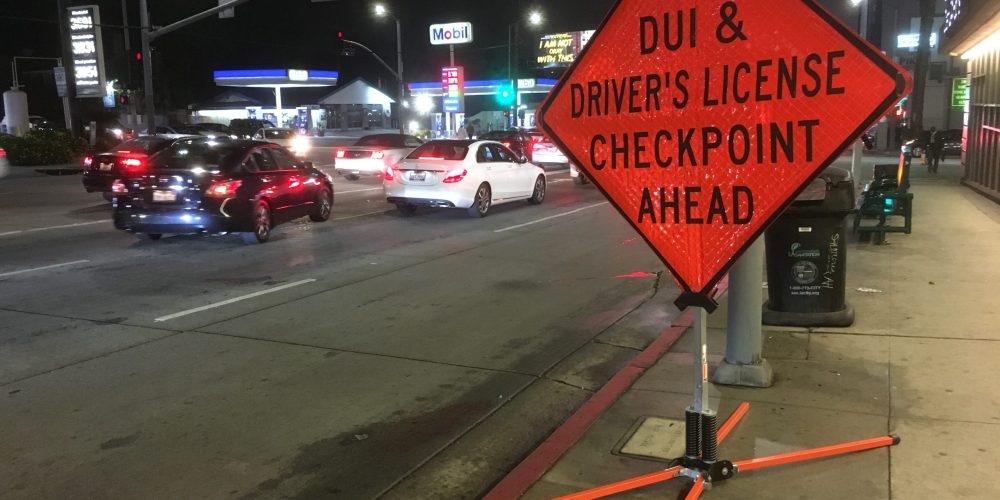DUI checkpoints are a strategic method used by law enforcement to deter and detect driving under the influence of alcohol or drugs. While it may seem counterintuitive, many police departments announce these checkpoints in advance. This article delves into the reasons behind these announcements, explores the legal framework governing them, and debunks the notion that such announcements allow drunk drivers to easily evade detection.
The Legality of DUI Checkpoints
The Supreme Court, in the landmark 1990 decision Michigan Dept. of State Police v. Sitz, upheld the constitutionality of DUI checkpoints, emphasizing their role in enhancing public safety. Despite this federal endorsement, the implementation of checkpoints varies by state:
State Requirements:
- Announcement States: States like California and Florida require public announcements of checkpoints, enhancing transparency and legal compliance.
- Non-Checkpoint States: Twelve states, including Texas and Wisconsin, do not conduct sobriety checkpoints due to state constitutional restrictions or legislative prohibitions.
Purpose of Announcing Checkpoints
Announcing DUI checkpoints serves several important purposes:
- Enhancing Deterrence: The knowledge of enforcement activity encourages drivers to refrain from impaired driving.
- Maintaining Transparency: Public announcements foster a sense of fairness and openness in law enforcement activities.
- Ensuring Legal Compliance: Announcements help align checkpoint operations with constitutional guidelines to avoid claims of random or biased enforcement.
Debunking Misconceptions
Common Myths:
- Myth: Announcements make checkpoints ineffective as drunk drivers can simply avoid them.
- Reality: Announcements do not significantly reduce the effectiveness of checkpoints. Many drivers either do not see the announcements or forget about them when planning their activities.
DUI Roving Patrols
In addition to fixed checkpoints, police also utilize roving patrols as another tactic to combat impaired driving:
- Mobile Enforcement: Roving patrols actively monitor regions known for frequent DUI incidents, offering a dynamic approach to enforcement.
- Announced Operations: Like checkpoints, the announcement of roving patrols serves to deter impaired driving through increased driver awareness.
What You’ve Learned
DUI checkpoints and roving patrols, whether announced or not, are vital tools in law enforcement’s arsenal against drunk driving. Announcements play a crucial role in enhancing the effectiveness of these measures by promoting deterrence, ensuring transparency, and fulfilling legal requirements. Here are key takeaways from the discussion:
- Announcements help maximize the preventive impact of DUI enforcement.
- They ensure that enforcement practices are transparent and legally sound.
- Despite announcements, many drivers do not alter their routes, maintaining the effectiveness of checkpoints.
For anyone seeking further understanding of DUI laws or needing legal assistance with DUI-related issues, 1800DUILaws.com offers a wealth of resources and a complimentary attorney matching service. Visit us to explore more about your rights and available support in navigating the complexities of DUI law.








